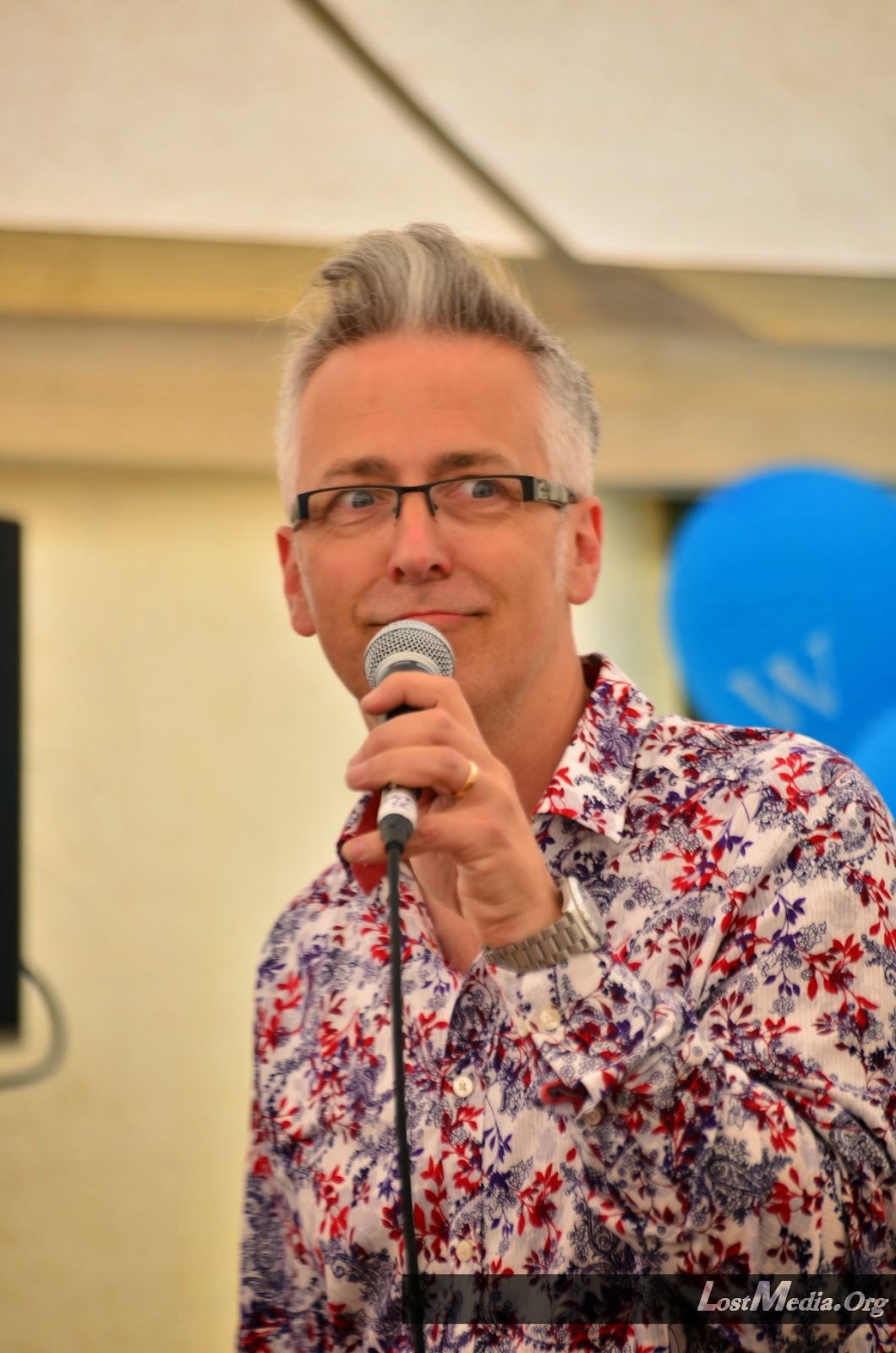I’m currently pulling together the background research and references for a collection of horse stories (a companion to Girls, Goddesses and Giants, and Winter’s Tales.) And I want to include a unicorn, just like I want to include a centaur, a kelpie and a hippogriff. But the unicorn is proving the hardest to track down.
I keep glimpsing the perfect unicorn story, but never actually finding it. I keep finding hints of a Ukrainian story about the unicorn refusing to go on the ark with all those other smelly animals, which is apparently why unicorns aren’t exactly common these days. I like this little fable, and I want to include my retelling of it in Wild Horses, Wings and Warriors.
But in collections of myths, legends and traditional tales, I always put information at the back of the book about where I’ve found each story, with a genuine trackable source.
 |
| sources in my collection of Scottish tales Breaking The Spell |
Google doesn’t help. The same few lines are repeated on lots of different sites, but all the sources seem to be copying each other, like a circle without a starting point. And even proper books - old dusty books, hardback books, books in the library - lots of them mention the same story but even they don’t give an actual source.
And in a slightly unlikely twist, when I mentioned my quest to my best friend, she pulled from the back of her amazing brain a SONG about the story I am hunting for, and sang it down the phone to me. Which was fun, but not really what I was looking for…
So, how much should I care about sources and provenance? All traditional tales have been made up, by someone, some time. Does it matter where I found them? Any book I use as a source, however old, will still just be one version of the story, captured at one moment. You can’t point at a particular version of an oral story and say – that’s the original story.
Even so, I think it does matter. I like to feel that anyone reading a collection of mine can go back to the sources I used and discover more about the story, perhaps find their own way of telling it and perhaps find out more about the culture the story came from. I’m retelling these old tales, not creating them myself, and I want to give credit to the sources that inspire me.
But this particular story seems to be, like the unicorn itself, very hard to find. Elusive. Frustrating. Perhaps non-existent.
I’ve never had this trouble in any other collection, with any other story. Perhaps it’s only unicorns that are impossible to track down…
 | |
| a helpful child drew me a unicorn! |
So should I just shrug and think, it’s only a story, and stop worrying about it? Or should I make a virtue of the fact that finding the unicorn is uniquely impossible? (It does feel quite appropriate!) Or should I keep looking? Should I keep hunting the unicorn, with my telescope, my seven league boots, my map saying ‘here be dragons’ and my compass with the needle pointing to Once Upon a Time…
I think, for now, with the deadline for Wild Horses still more than seven leagues away, I will keep hunting for that unicorn.
Lari Don is the award-winning author of 22 books for all ages, including a teen thriller, fantasy novels for 8 – 12s, picture books, retellings of traditional tales and novellas for reluctant readers.
Lari’s website
Lari’s own blog
Lari on Twitter
Lari on Facebook
Lari on Tumblr



.jpeg)































